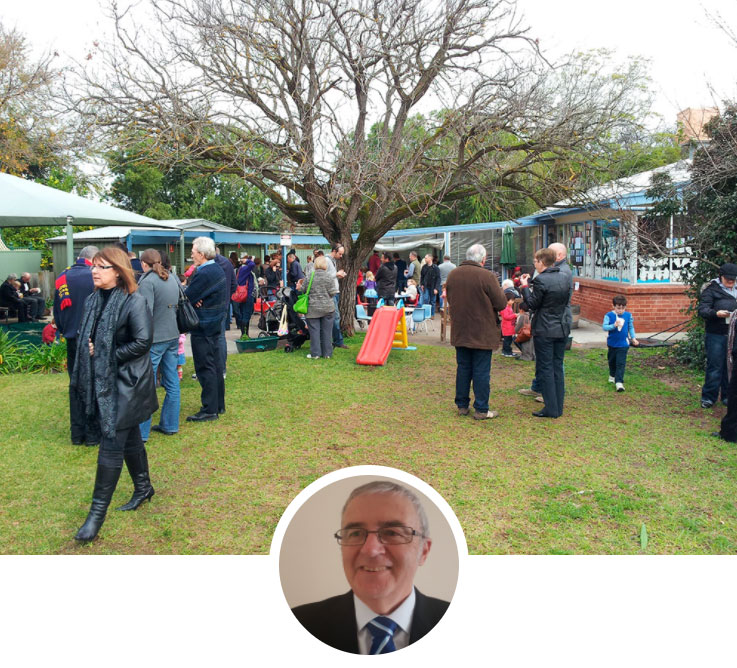From Thursday 31 May 2012, World No Tobacco Day, changes to the State’s tobacco laws will come into effect.
Our Mayor Lachlan Clyne said it was important for the community to be aware of the new laws.
“We want to support healthy communities and don’t want those who do smoke to be fined because they were not aware of the changes,” he said.
Under the new legislation:
1 Smoking is banned within 10 metres of children’s public playground equipment.
2 Smoking is banned under covered public transport waiting areas, including bus, tram, train and taxi shelters and other areas used to board or alight from public transport that are covered by a roof.
Local councils and other incorporated bodies can apply to have an outdoor area or event declared smoke-free.
The age that a person can be fined for smoking-related offences has been reduced to 15 years.
The maximum fine for breaching the smoking laws is $200. An expiation notice of $75 can be issued.
SA Health advises that there is a very high level of support for banning smoking in or near children’s playgrounds.
When South Australians were surveyed on this issue in 2010, 96% supported smoking restrictions in children’s playgrounds and 71% were concerned about exposure to someone else’s cigarette smoke. Of particular concern, 66% said they had been exposed to passive smoke in the previous two weeks.
The new laws reflect community demand for outdoor smoke-free areas. A high level of compliance with the new bans is expected, as occurred back in 2007 when smoking was banned in cars carrying children younger than 16 years, and pubs and clubs became smoke-free.
Western Australia, Queensland and Tasmania have also banned smoking near children’s playground equipment. Victoria, Queensland, Tasmania, Northern Territory and New South Wales have similar smoke-free restrictions at public transport stops.
The changes will further protect the community from passive smoking, increase the comfort and amenity for non-smokers and reduce the exposure of young people to smoking.
Increasing the presence of smoke-free outdoor areas will also help to “de-normalise” smoking in the community.

Comments